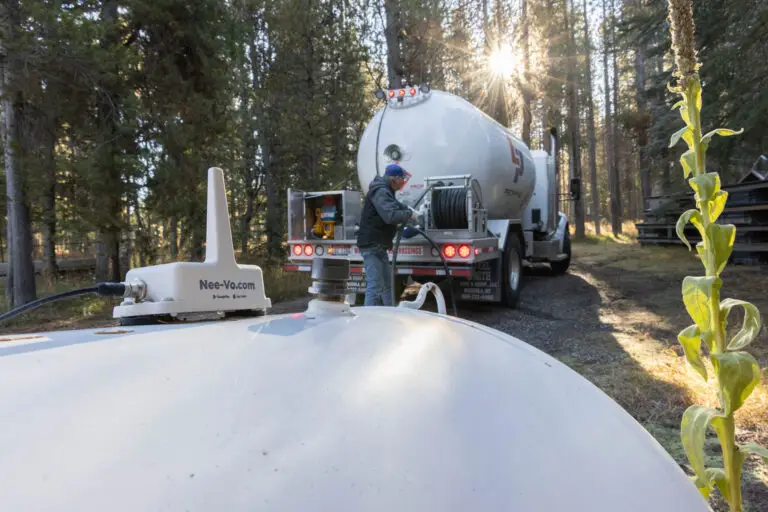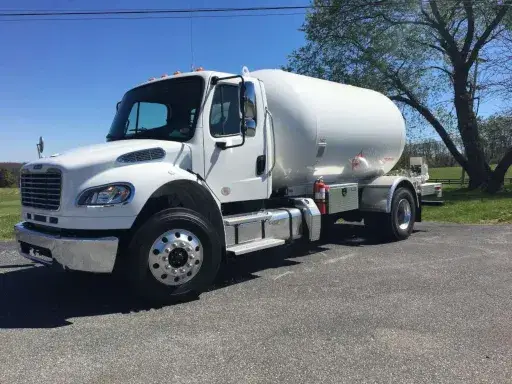
Propane Tank Ownership vs Leasing: What LP Propane Recommends
Propane Tank Ownership vs Leasing: What LP Propane Recommends When one is choosing a propane system, it is not just a matter of the size of tanks or a timetable of delivery. Homeowners have one of the most significant long-term

